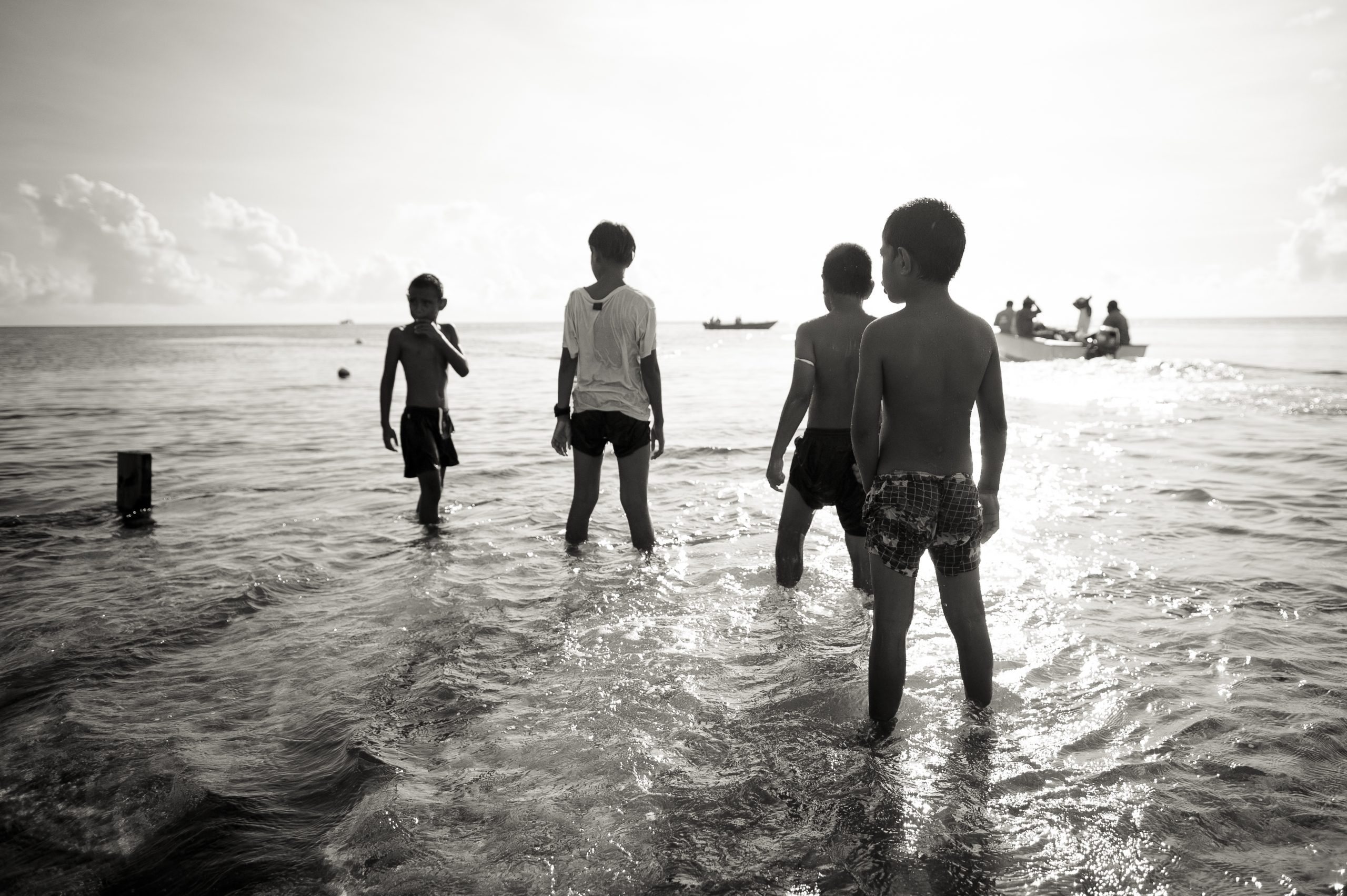An Opinion-Editorial by Meg Taylor, DBE, Secretary General, Pacific Islands Forum and Pacific Ocean Commissioner
This week we are all encouraged to know our ocean as the world marks World Ocean Day on the 8th June. As Pacific Islanders, we have a strong connection to our oceanic continent. Our totems are largely sea or land animals, and our coastal communities practiced ‘taboo’ over their fishing grounds way before the outside world entered our sphere. We can be proud of our intimate connection with the natural world around us.
However, humanity has not treated our oceans well. They are in great trouble and urgent action is required.
As stewards of the Pacific Ocean, the largest of the planets ocean systems, we have a great responsibility to take up this challenge – for ourselves and for our children and future generations.
To the children and youth of our Blue Pacific continent, I say know your ocean. It is the source of life for so many of us. Human activity is damaging our marine resources and we must act now.
Garbage in our ocean
Each year, humanity pours its trash into waterways and rivers without a second thought of what happens after they discard their rubbish. Much of this ends up in the ocean, where, for example, more than eight (8) million tonnes of harmful plastic waste ends up annually.
The world’s five ocean systems have been likened to “lungs” for our planet. For our community of ocean states, the Pacific Ocean is a source of both food and income; it has connected us in the past, and continues to do so today. The ripples of our ocean reach the shores of four continents. These connections are essentially pathways through which rubbish end up in our ocean of islands.
Studies affirm that plastic comprise 90 per cent of the visible debris floating in the Pacific Ocean. Invisible pollutants include sewerage, fertilizer runoff, etc. Another pollutant that our ocean of islands have had to deal with is nuclear waste. There are Pacific Islands Forum members, who continue to deal with the legacy of past nuclear testing.
We are ocean
We are inextricably linked because of the Pacific Ocean: our cultural practices and languages have similarities: it was the ocean that facilitated ancestral linkages and it calls on us again today, as individuals and as communities to do all we can to reverse the state it is in now.
The ocean has always been core to Pacific Islands Forum’s deliberations; in fact, the United Nations Law of the Sea was a point of discussion during the historic first meeting of the Forum in 1971. Through the Forum, the Pacific region has a collaborative and integrated ocean management system in place.
The Pacific has two primary ocean policy instruments that Pacific Leaders have endorsed: the Pacific Islands Regional Ocean Policy (2002) and the Framework for a Pacific Oceanscape (2010). The Policy promotes “sustainable development, management and conservation of marine and coastal resources in the Pacific region” through five guiding principles based on the United Nations Convention on the Law of the Sea. The Framework, amongst other things, established of the role of the Pacific Ocean Commissioner.
Our Leaders have so far played a significant leadership role in advancing a global Ocean policy; we have negotiated a global common cause on oceans that has resulted in global best practice, as reflected in the SAMOA Pathway, as well as a standalone Sustainable Development Goal on Oceans (SDG14).
As agencies of the Council of Regional Organisations of the Pacific (CROP), we continue to facilitate the Pacific development agenda. I acknowledge our development partners who continue to support the implementation of development aspirations that will make a difference to all Pacific peoples.
Healthier ocean pledge
Make a pledge today for healthier oceans.
We share one ocean, we benefit from it immensely, from food on our tables to our economies as Forum members, and I believe we should feel some sense of responsibility for its well-being. The Ocean is our home and will be key for our children’s and young people’s future.
I appeal specifically to our children and young people: actively pursue a healthier ocean. You can pledge never to use materials that are not recyclable like single-use plastics. A sustainable alternative could be woven baskets for shopping and/or marketing.
Let us work together to preserve it. Support environmental protection and conservation efforts in your communities and countries. Advocate for positive policies and actions.
It may seem like a big responsibility but it is one I encourage you all to step forward and meet. Ripples of change from our shores have made global impact before, and we can do the same for our ocean, and our Blue Pacific identity.
